President Donald Trump's day-one designation of Mexican drug cartels as Foreign Terrorist Organizations (FTO) has sparked questions about whether the move could provoke a dangerous shift in the cartels' behavior, particularly toward American citizens and travelers abroad.
The executive order equates these cartels to groups like ISIS and al-Qaeda, broadening legal tools for the U.S. to combat cartel operations but raising fears of unintended consequences. Historically, the cartels have avoided targeting American citizens to prevent drawing blowback from the federal government.
The terrorist designation, some fear, may challenge that unwritten rule.
"Drug cartels could easily turn into real terrorist organizations. Over 1 million U.S. expats live or work in Mexico. They and their firms could become targets for reprisals," Brian Michael Jenkins, a terrorism expert at the RAND Corporation, has said.
"It is unlikely that such groups would passively absorb U.S. attacks... Cartels are highly likely to retaliate both preemptively and reactively," echoed Doug Livermore, an expert with the Atlantic Council.
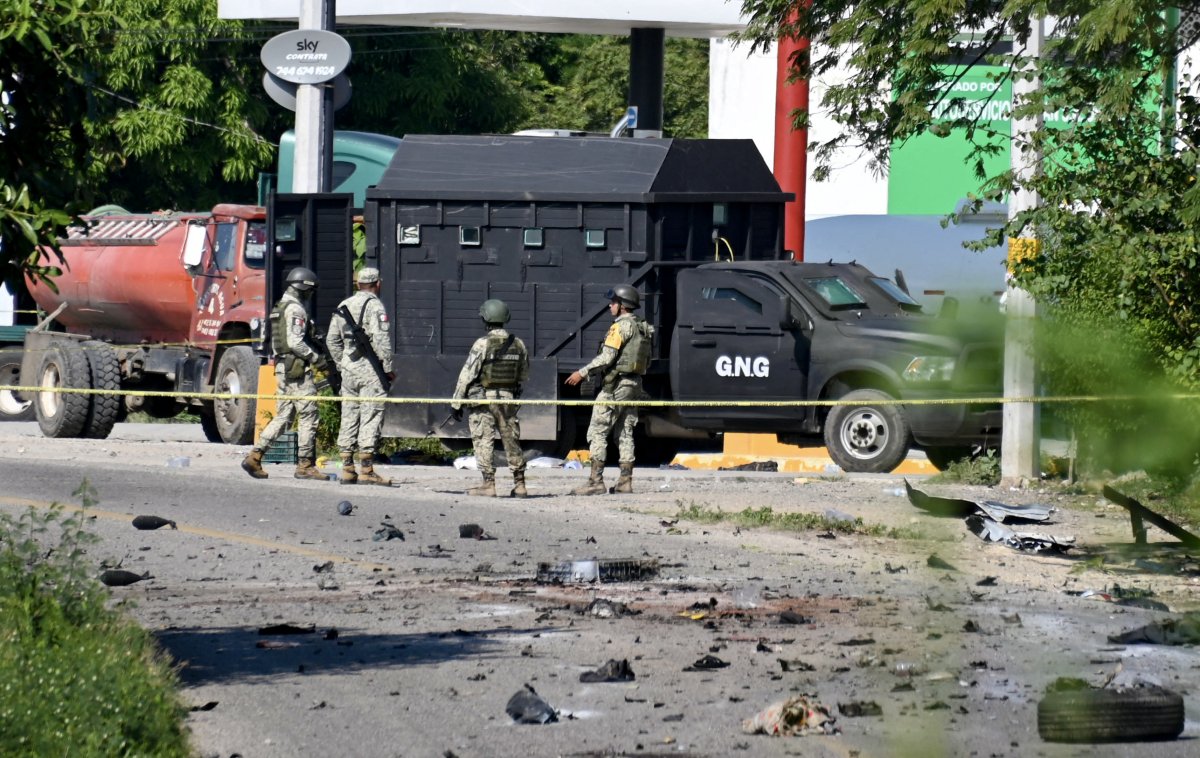
The Kingpin Act, established in the 1990s, allows for international sanctions and the prosecution of Americans aiding cartels. Analysts say the law broadens the scope to target individuals or groups suspected of assisting criminal organizations, making it easier to prosecute cartel members operating abroad under U.S. law.
"The United States already has many tools to go after cartels," María Calderón of the Wilson Center in Washington, D.C., told the Reuters news agency. "But the 'material support' clause does open the door to more potential prosecutions."
A handful of powerful cartels control human trafficking and drug trade routes along the U.S.-Mexico border. They also are responsible of much of the fentanyl that ends up in the streets of of U.S. cities and was responsible for around 200 American deaths a day last year.
To combat this ongoing crisis, the Biden administration focused on dismantling the cartels' complex global operations, which include pill pressers, transporters, and money launderers, in an effort to stem the flow of fentanyl into the country. Trump labeling these groups as terrorists is unlikely to significantly expand the federal government's legal authority, but it serves as a powerful symbolic statement.
"The FTO designation now allows much greater engagement of the U.S. military, such as in terms of intelligence gathering," said Vanda Felbab-Brown, the director of the Initiative on Nonstate Armed Actors at the Brookings Institution to Foreign Policy.
The Risks of Retaliation
Contrary to widespread speculation, the designation doesn't legally allow U.S. military action on Mexican soil. Still, analysts like Elisabeth Malkin, deputy director of the Latin America program at the International Crisis Group, say it could be a political step toward justifying such intervention.
"The FTO law basically is a way to isolate those groups, to isolate them from any kind of financial contacts, widening the number of people who are not able to engage with them and dissuading anyone from having financial contact," Malkin told Newsweek.
The cartels have long avoided targeting Americans, a calculated strategy to sidestep heightened U.S. enforcement and diplomatic fallout with Mexico. The 2023 Matamoros kidnappings disrupted that fragile balance.
The incident, in which four South Carolina residents on a trip for cosmetic surgery were abducted by a group of gunmen. Two of the American citizens were killed, triggering intense pressure from both governments. In response, the cartels handed over those responsible—a rare move that revealed their vulnerability to coordinated U.S. and Mexican action.
"We've seen in the past that whenever Americans are attacked—often by accident—it creates a lot of publicity and negative attention. Cartels tend to avoid that," Malkin said.
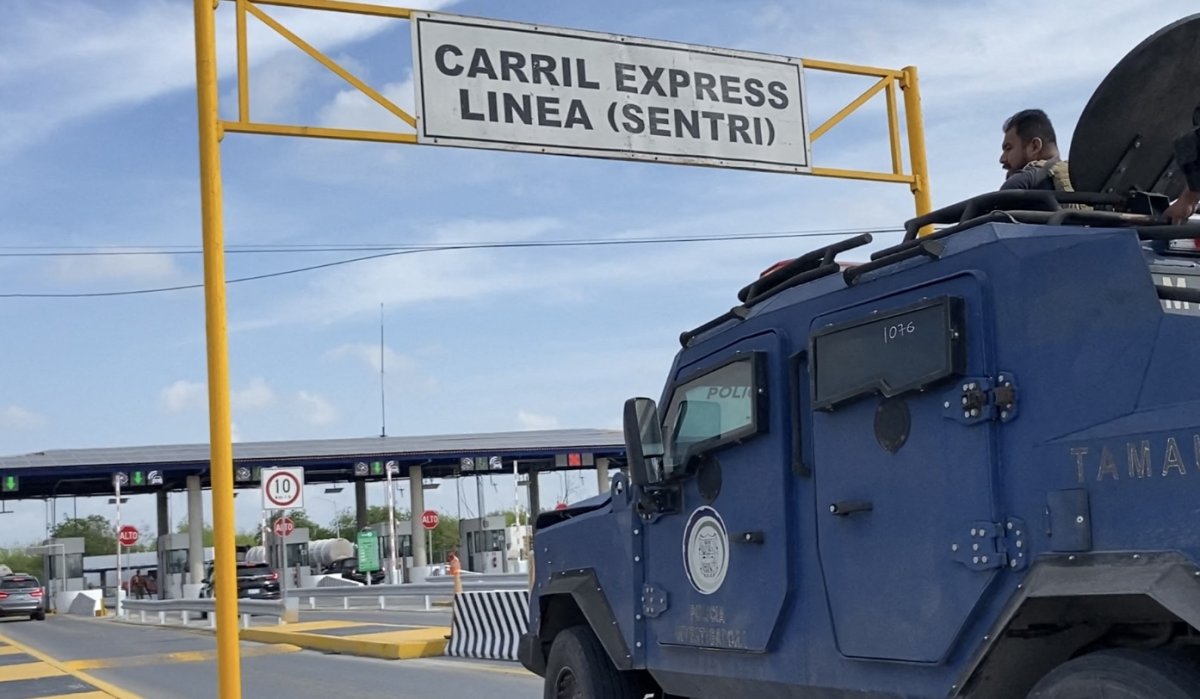
However, experts caution that unilateral U.S. actions, such as the use of military force against cartels, as Trump has suggested, could do more harm than good. They emphasize that without proper implementation and collaboration with Mexican authorities, such measures are more likely to escalate violence than to suppress cartel activity.
"Strong military action absent conscientious preparations and close collaboration risks triggering a cycle of retaliation, potentially bringing a bloody conflict directly to U.S. streets," Livermore, of the Atlantic Council, concluded.
The FTO designation has also raised concerns about its effect on businesses. Experts warn this could have a chilling effect on financial institutions and companies, which might fear investigations or severe penalties, including hefty fines, asset seizures, and criminal charges, on companies and individuals making ransom or extortion payments.
"The economic impact could be devastating. An avocado producer paying extortion fees to cartels and exporting to the U.S. risks prosecution under material support laws. Additionally, U.S. authorities could target a supermarket in New York purchasing those avocados, further disrupting the supply chain," Malkin said.
Such a scenario could disrupt North American trade and economic integration due to the legal uncertainty and severe penalties associated with the FTO designation. In 2022, trade between the U.S. and Mexico exceeded three-quarters of a trillion dollars and supported nearly five million U.S. jobs, according to figures from the U.S. Trade Representative and Mexican government, respectively.
Diplomatic Headache
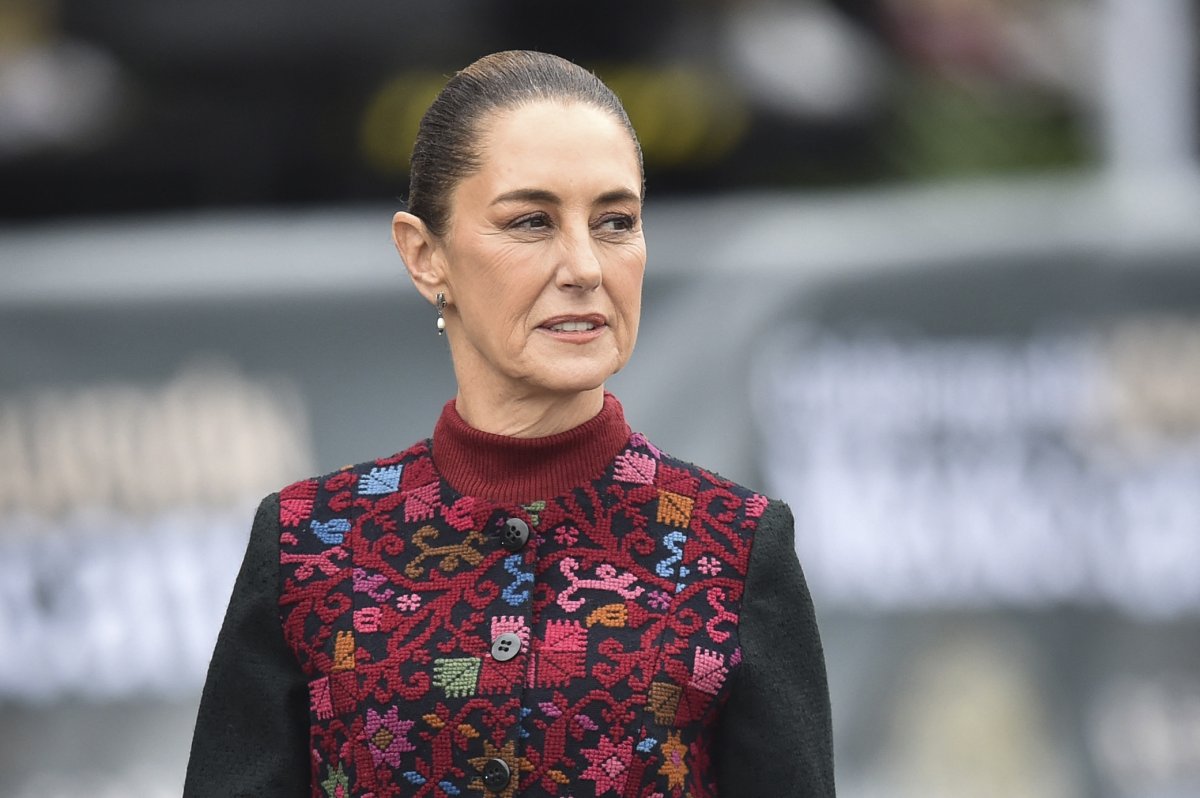
Mexico's new president, Claudia Sheinbaum, has criticized the FTO designation as a potential infringement on Mexican sovereignty. Malkin noted that Sheinbaum has signaled being more open to collaboration with the U.S. than her predecessor was, and that "imposing something like this would strain relations."
Some U.S. officials have drawn comparisons between Mexico and Colombia, suggesting that a similar approach to Plan Colombia—an initiative targeting Colombian cartels and insurgent groups in the 2000s—could work in Mexico.
But Plan Colombia had mixed results, reducing cartel influence but at a steep human and financial cost, and with little impact on overall drug production.
"Designating cartels as terrorist organizations is an extreme distraction that can escalate violence and strain relations with other countries, diverting attention from the real solutions needed in the U.S. to save lives from the overdose crisis," Maritza Perez Medina, director of federal affairs at the Drug Policy Alliance, a pro-drug legalization group, told Newsweek.
Further, Colombia is not Mexico. "The geography, politics, and incentives are different. Mexico's concern is reducing violence, while the U.S. is focused solely on drug trafficking. They're talking at cross purposes," Malkin said.
The FARC Experiment
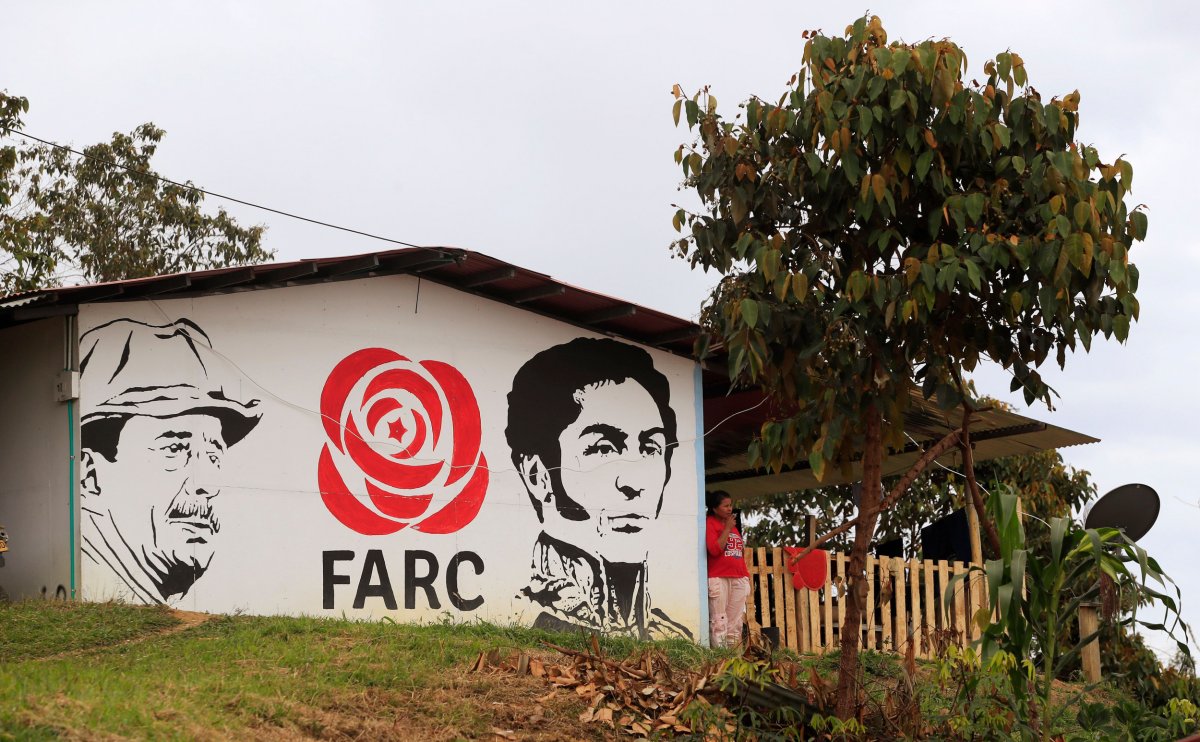
Central to Plan Colombia was the fight between the Colombia government and the Revolutionary Armed Forces of Colombia (FARC), established in the 1960s, who was designated as an FTO by the Clinton administration in 1997. This designation marked the FARC as Latin America's oldest and most capable terrorist organization.
Following the events of September 11, 2001, the U.S. intensified its focus on global terrorism. Under President George W. Bush's administration, the "War on Terror" rhetoric expanded, leading to increased pressure on groups like the FARC, whose main interest from the U.S. was due to his drug-dealing business. U.S. officials estimated that the FARC smuggled over $25 billion worth of cocaine into the U.S. during the early 2000s.
Colombian President Álvaro Uribe, who took office in 2002, aligned closely with U.S. policies and launched aggressive military campaigns against the FARC. This collaboration resulted in intensified conflicts, significantly impacting both combatants and civilians.
The heightened U.S. involvement, which included deploying American personnel and resources to Colombia, escalated the stakes in the conflict. A notable incident occurred on February 13, 2003, when a plane carrying three U.S. military contractors—Marc Gonsalves, Keith Stansell, and Thomas Howes—crash-landed in southern Colombia. The FARC captured them and held them hostage for over five years. They were rescued on July 2, 2008, in a daring military extraction known as Operation Jaque.
Since the launch of Plan Colombia, the U.S. provided an estimated $9.3 billion in aid, primarily directed toward counterinsurgency and counterdrug programs targeting the FARC, including covert operations led by the CIA, supported by NSA signal intercepts and GPS-guided smart bombs.
Beyond military operations, the U.S. sought to weaken FARC's financial networks by targeting its leaders as drug kingpins, pursuing extraditions on narcotics charges for both top leaders and mid-level operatives.
The FARC's designation as an FTO remained until November 30, 2021, when the Biden administration removed the label, acknowledging the group's dissolution after the 2016 peace accord with the Colombian government.


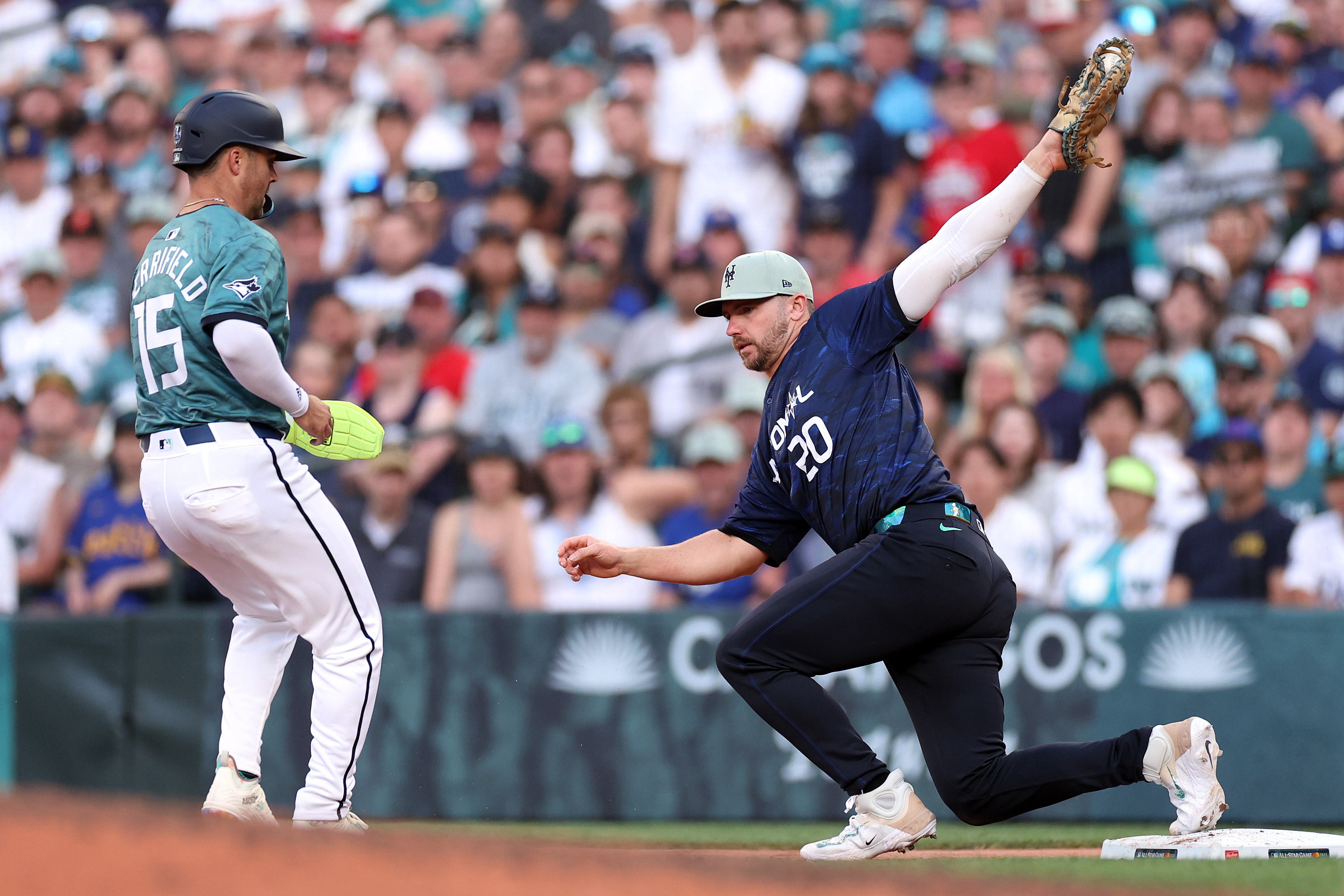





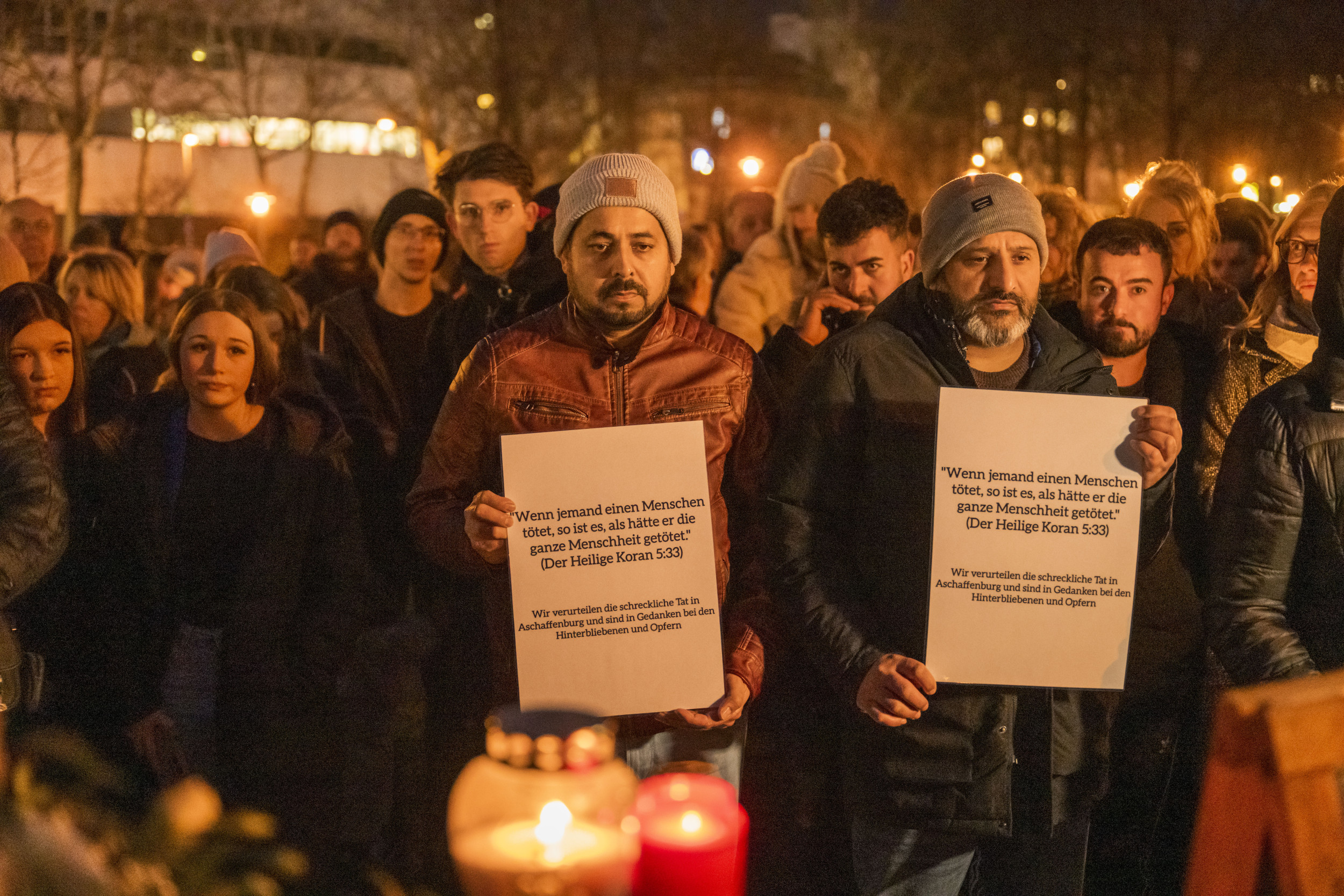











 English (US) ·
English (US) ·